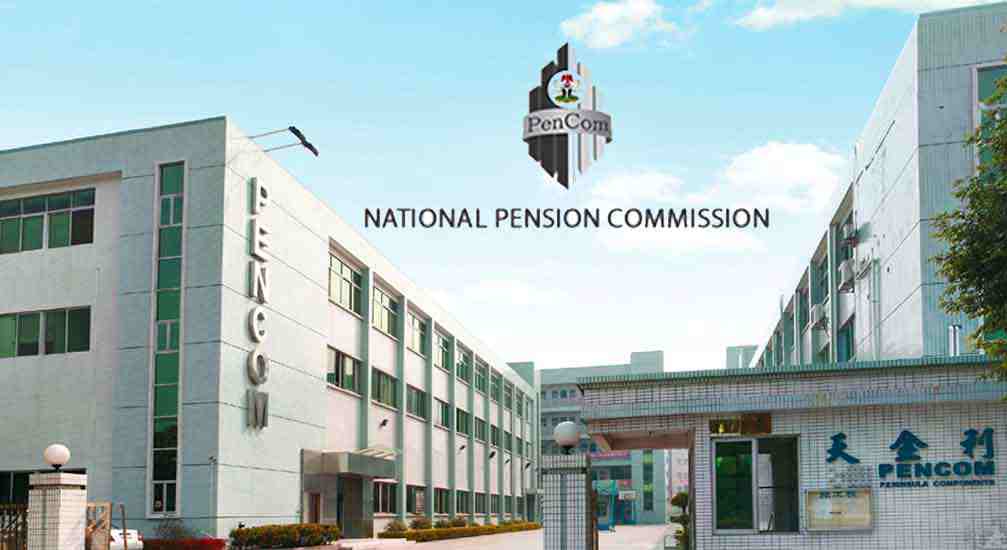
The National Pension Commission (PenCom) has attributed the stability of the Contributory Pension Scheme (CPS) to a strong supervisory framework.
PenCom’s Head of Corporate Communications, Ibrahim Buwai, disclosed this in a recent interview, saying the transformation of Nigeria’s pension system has laid a robust foundation for long-term savings mobilisation, significantly contributing to GDP growth and capital market development.
Before the Pension Reform of 2004, which established the CPS, Nigeria operated a defined benefit scheme (DBS), where the government bore the entire responsibility for pension payments.
The system was fraught with challenges and inefficiencies as pensioners often went for years without receiving payments due to insufficient budget allocations.
Twenty years after the pension reform that introduced the CPS, the scheme has achieved relative stability as funds under management continue to soar.
As of February 2025, the total net asset value (NAV) of the pension fund stood at N23.26 trillion, up from N22.86 trillion in January, according to data from PenCom.
The data also shows that the number of retirement savings account (RSA) holders has hit a record N10.65 million. According to Buwai, this is all because of some key safeguards introduced by PenCom to ensure transparency and the safety of pension funds.
The safeguards include asset ring-fencing, regular investment monitoring, stringent fund management regulations, and prohibition of misuse, he said.
Buwai said that based on the new regulations, there is a clear separation of roles between the Pension Fund Administrator (PFA) and the Pension Fund Custodian (PFC).
“The cardinal principle of this separation of custody from management and supervision has resulted in a pension scheme with a sound internal mechanism for transparency and accountability,” he said.
Again, he said, PenCom requires all PFAs to submit daily valuation reports on the pension fund investments to it. The reports provide the details and value of all investments made with the pension funds at the end of each trading day.
The implication, according to the spokesperson, is that PenCom can ensure that investments are by the investment regulations and could identify any infractions immediately for corrective action.
Other safeguard measures are a complete separation between the pension funds and the assets of pension operators. This protects the pension funds against the negative impact of the insolvency of the pension fund operators.
“Pension funds are prohibited from being given out as loans or applied as collateral for loans. The Pension Reform Act 2014 prescribes a strict licensing regime for operating as a PFA or PFC. This includes possessing the professional capacity to manage pension funds and an undertaking not to engage in any other business except that of management of pension funds,” Buwai said.
